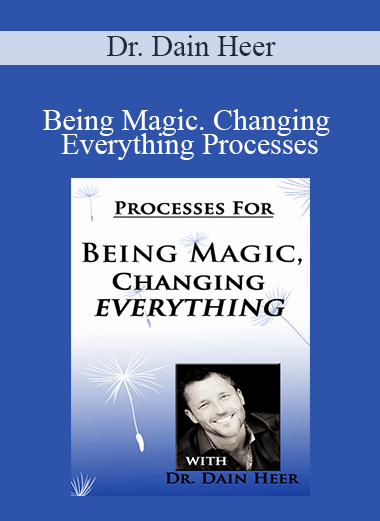The test for introversion can be taken on a day when you are not stressed out. Pick a place where you won’t be disturbed. Think about what is true or false for you, not how you wish you were, or how you are some of the time. Don’t think too much about each statement. Your first impression is usually the best. For an outside view of yourself, having a partner or friend answer for you can be enlightening. Your friend’s score will be compared with your results. If there is a difference between the two counts, talk about both of your views. If you fall in the middle of the continuum, add up your True answers and check the score at the end of the list.
I like to have larger time periods when I work on projects.
I write notes for myself before speaking.
I like to listen more than I like to talk.
People think I am quiet, mysterious, or calm.
I like to share special occasions with just one person or a few close friends.
I need to think before I speak or respond.
I notice details that people don’t see.
I feel the tension in the air if there is a fight between two people.
I almost always do it if I say I will do something.
If I have a deadline or pressure to finish a project, I feel anxious.
I can leave if there is too much going on.
Before I join an activity, I like to watch it for a while.
I form relationships.
I don’t like to be interrupted.
It takes me a while to sort through a lot of information.
I don’t like stimulating environments. I don’t understand why people want to go to horror movies or roller coasters.
I sometimes have strong reactions to things.
I am either creative or imaginative.
I feel drained after social situations.
I prefer to be introduced.
If I am around people too long, I can become grouchy.
I feel uncomfortable in new places.
I like people to come to my home, but I don’t like them to stay for long.
I don’t like returning phone calls.
Sometimes my mind goes blank when I meet people or when I am asked to speak.
If I am tired or trying to speak and think at the same time, I talk slowly or have gaps in my words.
I don’t think of casual acquaintances as friends.
I don’t feel like I can show other people my work until it’s fully formulated.
Other people may think I am smarter than I am.
Put the number of Trues together. You can see where you fall by reading the following.
It’s true, it’s pretty darn introverted. It is important for you to understand how your brain processes information and how to keep your energy flowing. You relate to life through your ideas. You are not in control of your environment. You can use this book to create your own path.
Somewhere in the middle. Like being ambidextrous, you are both shy and outgoing. You may be torn between wanting to be out and about and being alone. It is helpful to notice when you feel more refreshed. By the standards of other people, you judge yourself. At times you may get caught up in seeing both sides of a situation and not know where you stand, but this gives you a broad view. Learning to assess your temperament will help you maintain your balance and energy.
You are more outgoing. You judge yourself based on the values and reality of others. You work to bring about change. When you reach midlife, you may be surprised by wanting to take a break from socializing and not knowing what to do. When you need solitude, you can develop techniques to remember what is best for you. You will have to balance your skills to do this.











Reviews
There are no reviews yet.